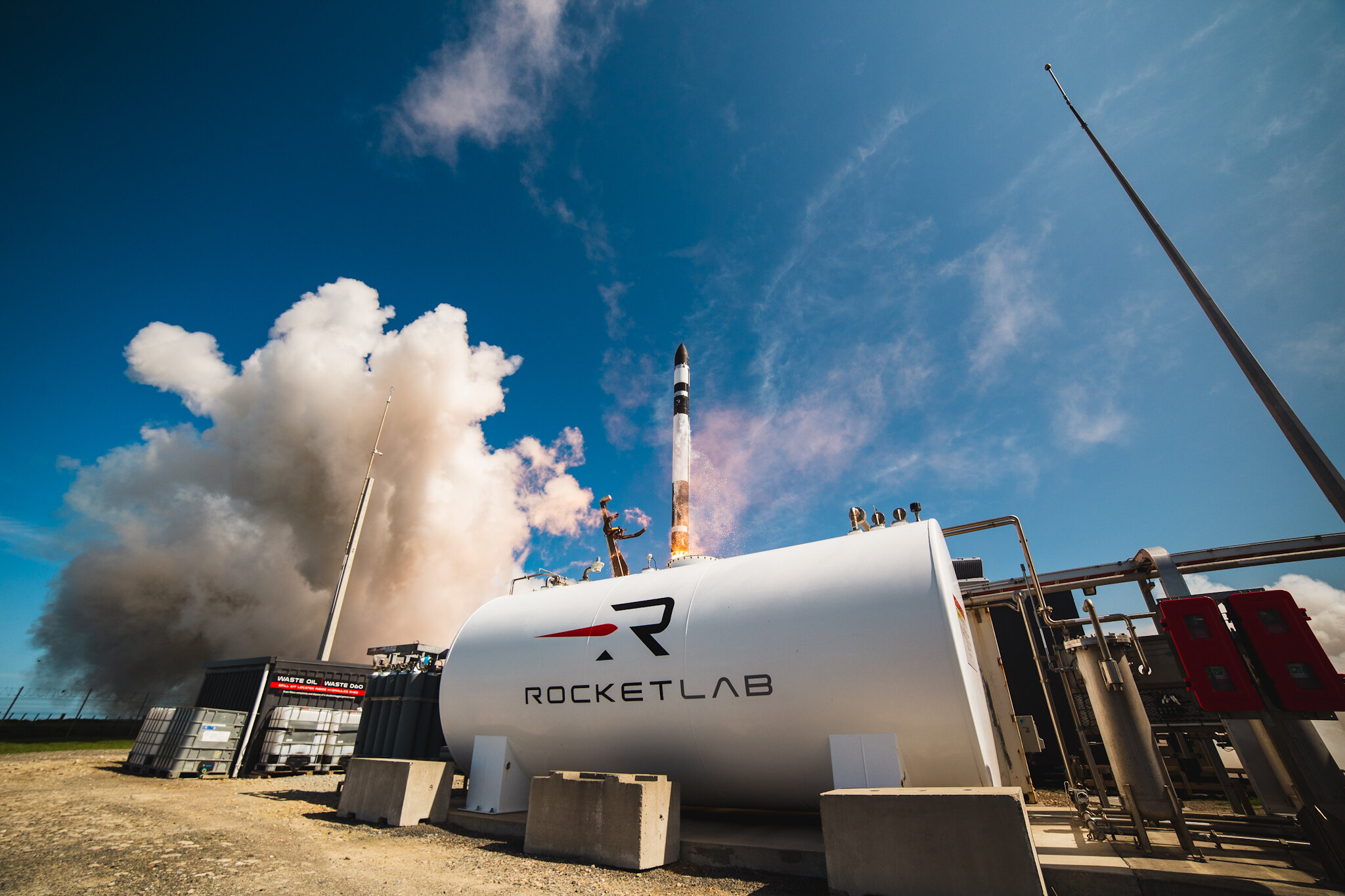Investors were not impressed at all with Rocket Lab USA's (RKLB 1.08%) earnings report recently. Shares of the rocket and satellite company plunged more than 11% immediately afterward.
And even with the entire stock market bouncing back on the heels of President Donald Trump's 90-day pause on reciprocal tariffs with Beijing, Rocket Lab stock only gained back 3.7%, barely beating out the average S&P 500 performance.
So what didn't investors like about the 2025 first-quarter earnings report? And is there hope for the upstart space company?

Image source: Rocket Lab.
Rocket Lab's Q1 earnings
Let's begin with the obvious. Rocket Lab missed on earnings. While sales came in slightly ahead of expectations at $122.6 million for the quarter, the company reported a $0.12 per share loss on those sales, 33% worse than the $0.09 expected loss. Management also forecast a $50 million-plus operating loss in the second quarter.
Analysts polled by S&P Global Market Intelligence forecast that it will actually lose money all year long. And the way things are going, that's one expectation that will probably be met.
All this being said, however, the first-quarter report wasn't entirely terrible. The investment bank Stifel actually raised its price target on the stock to $29 a share, saying the results were "solid" and revenue was close to the high end of guidance. And in fact, revenue did grow 32% year over year.
On the other hand, guidance for the second quarter, $130 million to $140 million, fell below consensus forecasts at the midpoint.
What Rocket Lab didn't say...
What the company did not give guidance on was the progress on the new Neutron rocket, or confirmation that the rocket will be launched early in the third quarter. Management did go into detail on the progress it is making on various Neutron systems, but the most CEO Peter Beck would commit to is, "We start flying later this year."
On the one hand, such caution is probably prudent. Deadlines not set cannot be missed, with unfortunate effects on the stock if they are. On the other hand, investors seemed to have hoped for good news and don't appear to think that "no news is good news."
Management also noted it has "kind of paused" efforts to make its existing Electron small rockets reusable. Again, this makes sense. As Beck said, "It was just a priority decision that we've made ... a Neutron sticker price is $55 million," meaning that the company can make more money by getting the larger Neutron flying than by investing time and money to make the $8.5 million Electron rocket reusable.
Still, the fact that the company won't be able to show its small rocket is reusable, before trying to launch a reusable Neutron, might lead investors to wonder if it will be able to master reusability, like SpaceX, at all.
...and what it did say
So there were minuses to the earnings report. And yet, I see a potentially big plus as well. Following its March announcement of plans to buy Mynaric, a German manufacturer of laser communications devices, for $150 million, management said that this deal, if completed, would represent its expansion into Europe. It seems obvious: Buying a German company represents expansion into Europe. But I predict the impact of this news could be bigger.

NASDAQ: RKLB
Key Data Points
As Beck said in his post-earnings conference call, "Europe is a very protected market," which prefers to use local companies for its space launches except when absolutely necessary. Owning a European space equipment company, though, creates what Beck calls "a clear line of sight to European growth opportunities" and a chance to get involved with large European programs once his company has a footprint there.
If European customers start to view Rocket Lab as a local company, it might start winning launch contracts from Europe. And to further this likelihood, the business is creating a new Rocket Lab Corporation as a holding company. Rocket Lab USA will continue to operate as a subsidiary of the new, more global holding company.
Shareholders in Rocket Lab USA will have their stock replaced with new stock in the holding company on a one-for-one basis, so there's no downside for investors. To the contrary, there's upside if buying a European company helps Rocket Lab to pry open the closed European market for space launches.
How big an opportunity are we talking about? Last year, S&P Global Market Intelligence data show that the French launch company Arianespace had nearly $500 million in annual revenue, more than Rocket Lab's $436 million. In time, I predict the Mynaric acquisition will help Rocket Lab open up a market that could help it double in size. So, fingers crossed.





